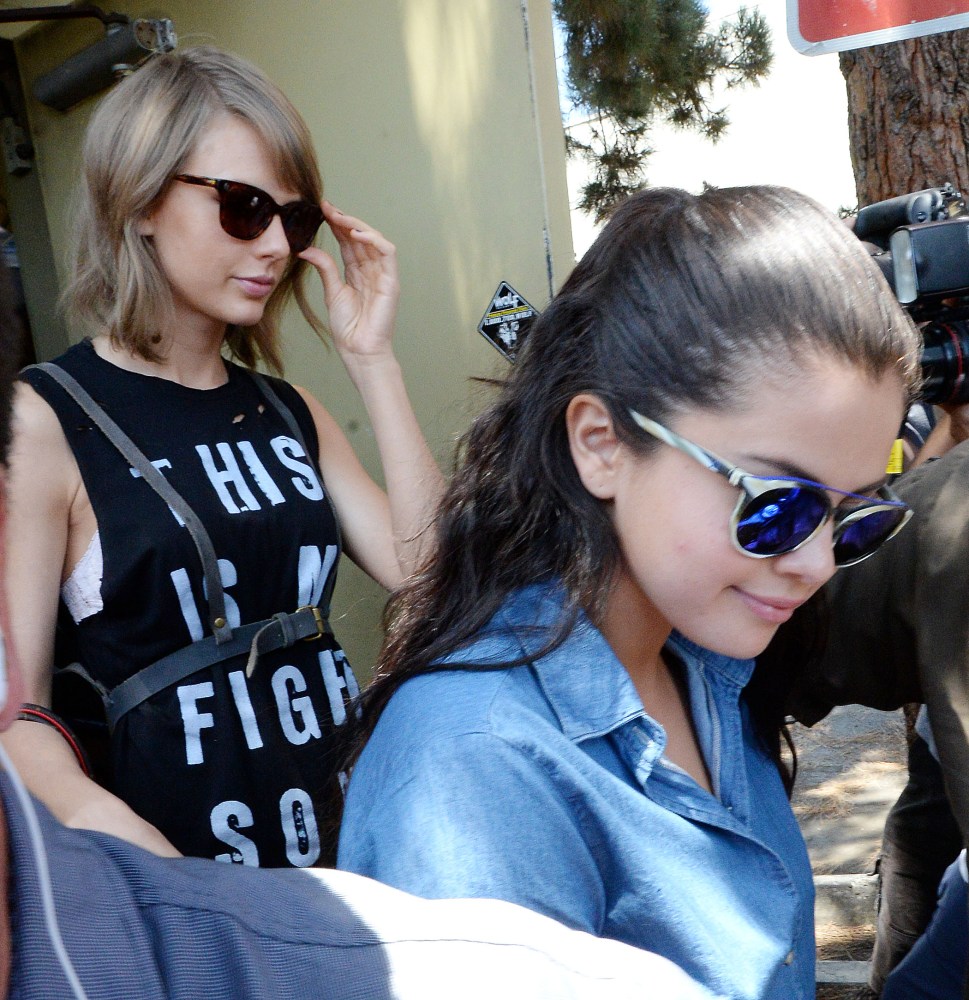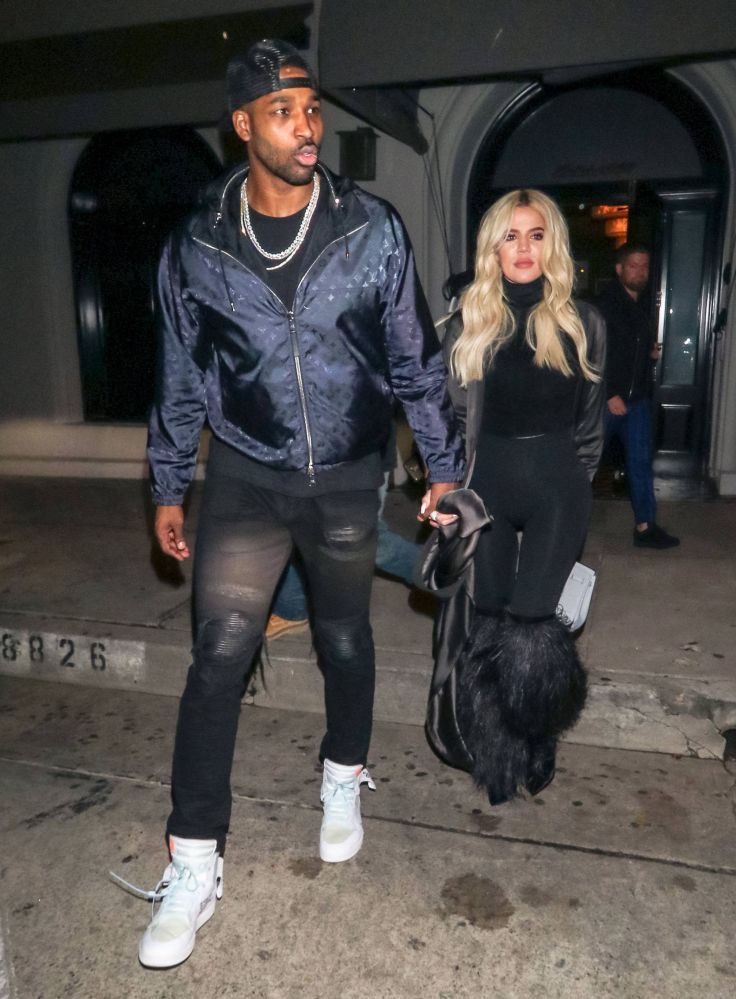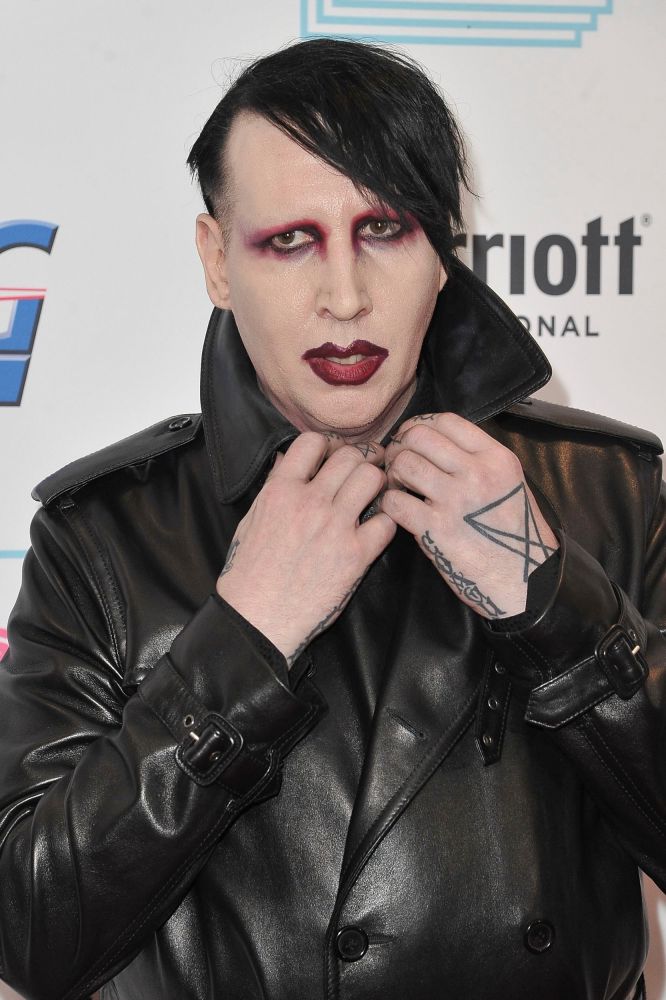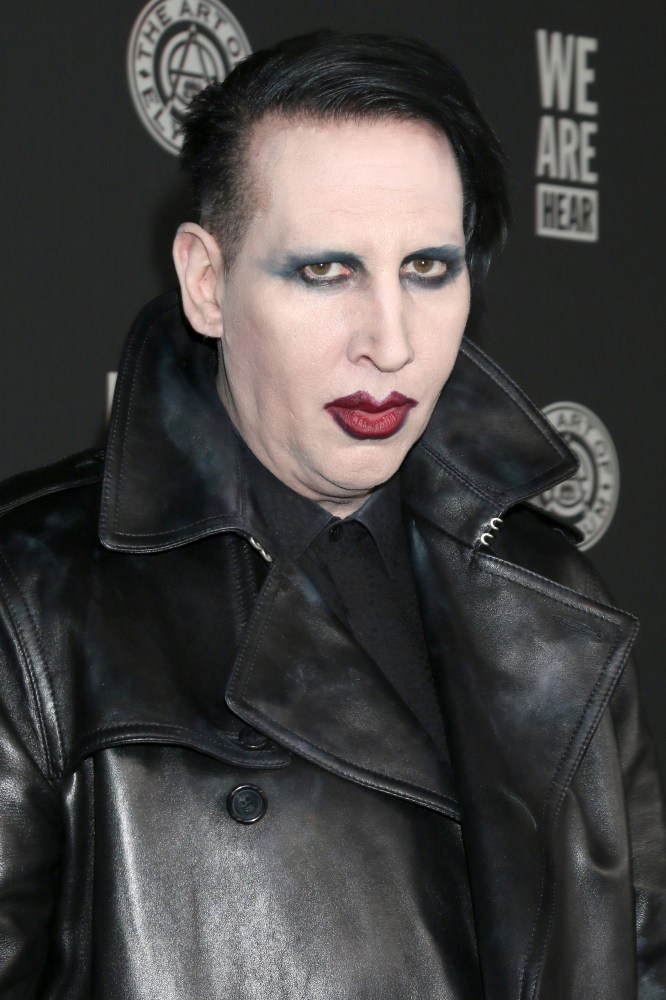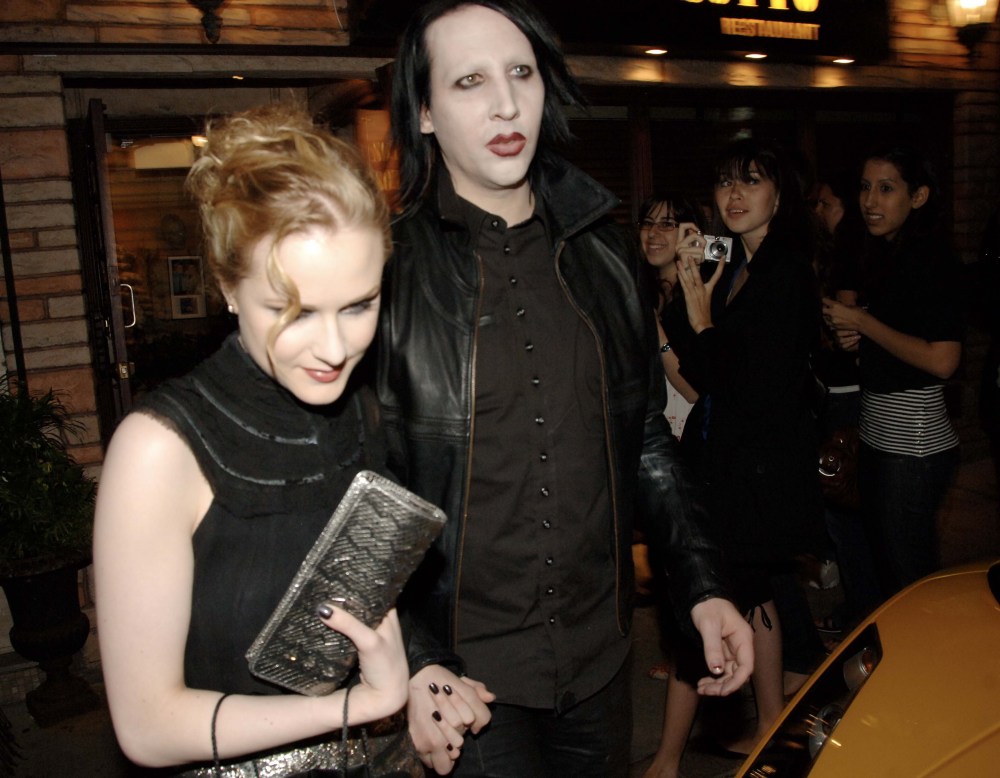On Aug. 5, Demi Lovato spoke out for the first time since her July overdose, thanking God "for keeping me alive and well," her fans for their support, her family, her business team and the doctors and nurses at the Los Angeles hospital who've been treating her for the last 13 days.
 Cindy Barrymore/REX/Shutterstock
Cindy Barrymore/REX/Shutterstock
The following day, Aug. 6, TMZ reported that now that Demi has made it clear that she wants "to heal and focus on my sobriety and road to recovery," her team is preparing to help her clean house of all the negative friends and influences in her life who might have contributed to her heartbreaking decision to break six years of sobriety with devastating consequences.
Sources close to the pop star, who turns 26 on Aug. 20, tell TMZ that "there will be a major focus on separating her from toxic people in her life once she gets out of rehab — including even a distant relative who is believed to have a negative impact on her," the site explains, adding that there's one friend in particular who's at the top of the hit list.
If friends and acquaintances don't have Demi's best interests in mind, they won't be tolerated. That includes "partymongers, drug users or 'yes' friends who allow her to get in harm's way," TMZ writes.
Demi will be advised to get a new phone number and only share it with those who won't use it to tempt her back down a dark path.
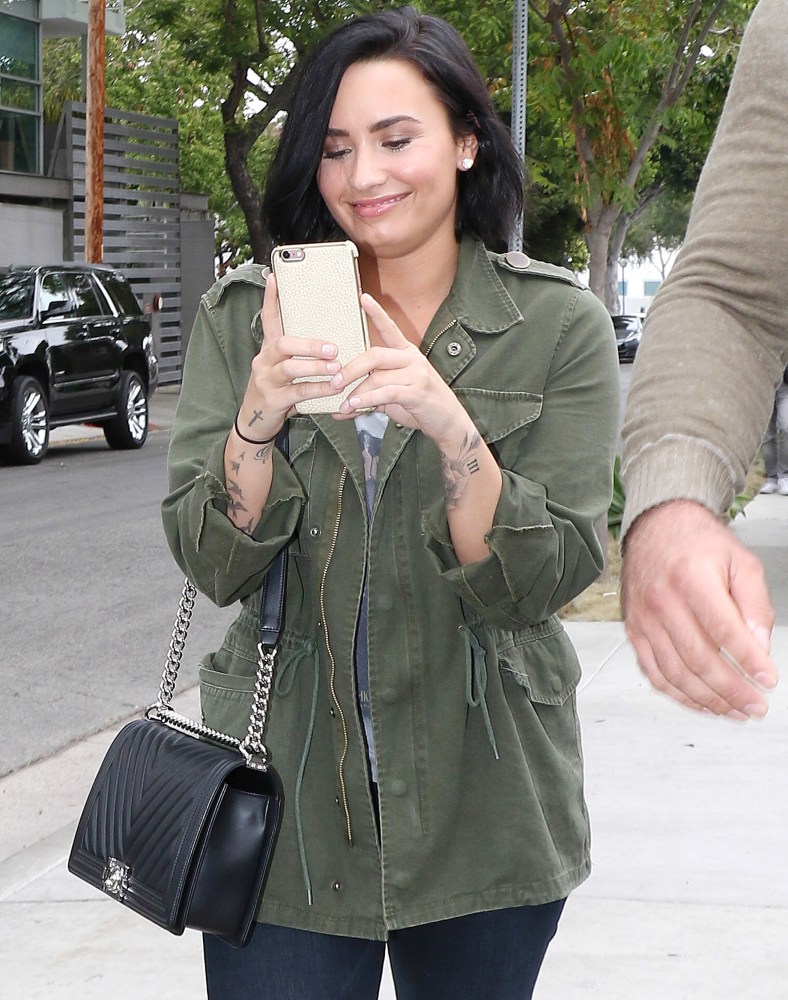 Broadimage/REX/Shutterstock
Broadimage/REX/Shutterstock
Cutting out bad influences — as well as access to drug dealers — is exactly what Demi's team encouraged her to do the first time she got sober in 2012 during a life-changing intervention.
She previously rejected their efforts to help her get clean, but during that "final [intervention], everyone was like, 'We are no longer going to leave, we are leaving,'" Demi said on "The Jonathan Ross Show" in 2017. "That was the moment when I thought, 'Okay, I really need to get help and get sober.' [That] time I knew… I had hit rock bottom and I just needed to do this for myself."
In Demi's 2017 YouTube documentary "Simply Complicated," her then-manager, Phil McIntyre — whom she stopped working with a few moths ago — described the 2012 intervention as "the showdown of all showdowns." He and others confirmed that Demi's whole team — managers, agents, attorneys — had all agreed to cut ties with her if she wouldn't get sober.
 JOSE SENA GOULAO/EPA-EFE/REX/Shutterstock
JOSE SENA GOULAO/EPA-EFE/REX/Shutterstock
Demi — who'd been trying to hide that she was doing bags of pills and eight balls of cocaine, the documentary revealed — smashed her cell phone and submerged it in a vase of water in order to cut contact with her drug dealers as well as bad influences and agreed to seek help. Her manager showed the cracked and battered phone, which he'd saved after all those years, during the documentary. "It was the beginning of the process of surrendering," Demi explained.
According to TMZ, in the wake of her July OD, the singer has agreed to go to rehab — which wasn't a given early on in her health crisis, multiple reports revealed — and her team has arranged for her to enter a live-in facility as soon as she's released from the hospital.
In the statement she posted on Instagram on Aug. 5, Demi implied that she intended to seek help. "I have always been transparent about my journey with addiction. What I've learned is that this illness is not something that disappears or fades with time. It is something I must continue to overcome and have not done yet," she wrote.
The statement continued, "I want to thank God for keeping me alive and well. To my fans, I am forever grateful for all of your love and support throughout this past week and beyond. Your positive thoughts and prayers have helped me navigate through this difficult time. I want to thank my family, my team, and the staff at Cedars-Sinai who have been by my side this entire time. Without them, I wouldn't be here writing this letter to all of you."
She concluded the note, "I now need time to heal and focus on my sobriety and road to recovery. The love you have all shown me will never be forgotten and I look forward to the day where I can say I came out on the other side. I will keep fighting."


